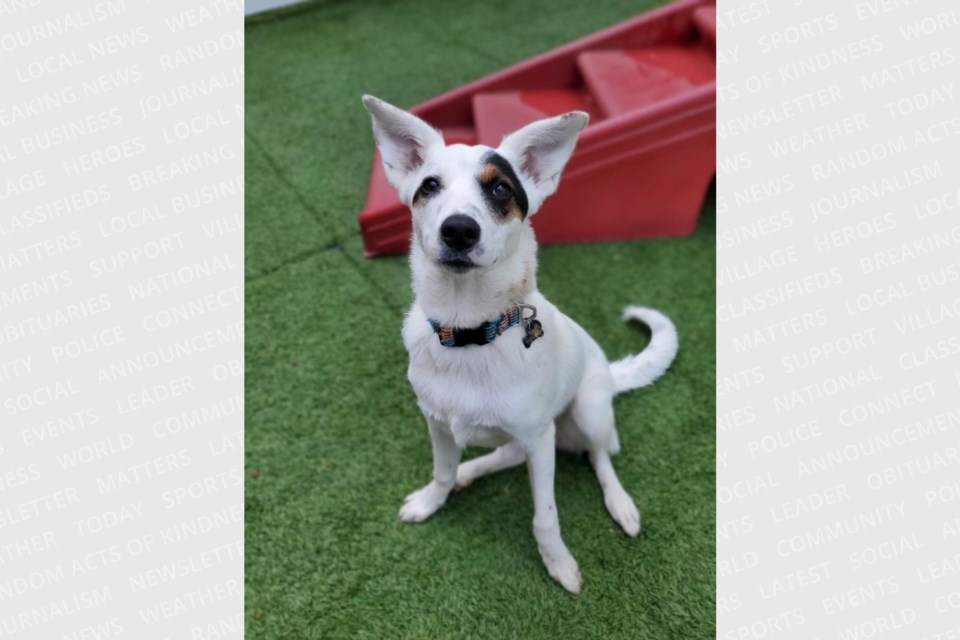March break is a popular travel time, which could mean leaving pets with a sitter or in a boarding kennel.
If you’re heading off for a holiday, the Ontario SPCA and Humane Society offers some tips to keep Fido and Fluffy happy and safe.
Choosing a pet sitter
If you’re using a pet sitting service, be sure to ask about their training and whether they have insurance. Do they have someone to call as a backup if they become ill? Ask for references and talk to past clients. It’s also important for the pet sitter to meet your furry friend beforehand to make sure they’re a good fit.
Finding a boarding facility
If your pet will be staying at a boarding kennel, ask a friend, your veterinarian, or dog trainer for a recommendation. Visit the kennel and pay attention to whether it looks and smells clean and if it has been designed with your furry friend’s comfort in mind. Ask about the animal to staff ratio, staff training and if animals are monitored after hours. Find out what a day in the life there would look like for your pet – ask about feeding schedules, exercise, enrichment and wellness checks. What vaccinations are required? Be sure to ask about protocols and available veterinary care in the event of a health concern or emergency.
Work out the details
Whether you’re asking a friend to stay in your home, or seeking professional pet sitting or boarding services, always have a written contract spelling out services and fees. It's also important to have a plan in place to ensure your pet sitter knows you have returned home if they will be leaving before your expected arrival. Be sure to tell your pet’s caregiver about your animal’s likes, dislikes, fears, habits, medical conditions, medications, and routines.
Outline feeding and care instructions and be sure to leave contact information for your veterinarian, as well as an alternative emergency contact who can make decisions about your pet’s health if you can’t be reached.
Safeguard your pet
Before heading on vacation, ensure your pet is up to date on vaccinations and your microchip address is up to date. If your pet isn’t microchipped, this is a simple and effective way to help ensure you are reunited with your pet if they become lost. Now is also a great time to consider pet insurance to help cover those unforeseen veterinary bills and help your furry friends stay healthy.
For more travel planning tips, visit the Ontario SPCA’s blog.



